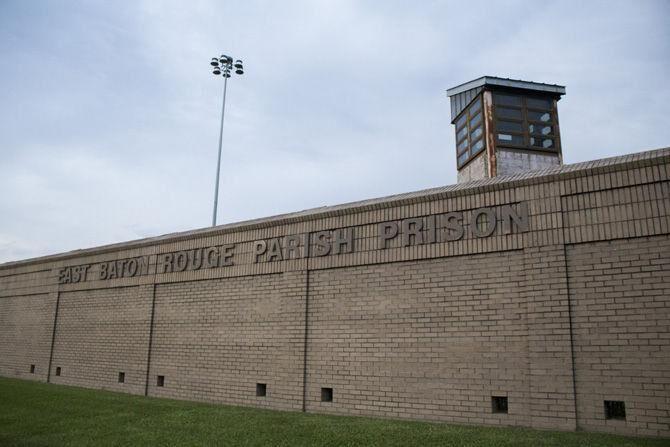The university exploited the labor of incarcerated people for decades before quietly ending the practice in 2020.
For all these years, incarcerated workers on campus received no pay. Now, to the extent possible with available records, the university should retroactively provide compensation for the labor it stole.
By choosing to end this dehumanizing practice, the university hopefully concedes it never should have been in place to begin with. And if that’s true, that means the university acknowledges, at least indirectly, that it has a moral debt to pay down.
Incarcerated people worked an average of 28,000 hours per year at the university, according to a 2019 Reveille article. When interviewed, Executive Director of Facility & Property Oversight Tammy Millican described the work as a “privilege.”
“One of the missions of LSU is service to the community. So we look at that as a way we would be able to help them out,” Millican remarked to the Reveille at the time.
Though inmate participation in the work program was technically optional, that doesn’t erase the fact that participants should have been paid for the tens of thousands of hours they spent working on our campus. Faced with the choice of sitting in prison or temporarily being able to return to the outside world, it is understandable why many chose the latter despite unfair treatment.
All of the incarcerated people who worked at the university were nonviolent offenders.
A 2020 report found that Louisiana has the highest incarceration rate in the country. Despite downward trends of crime, Louisiana’s prison population has more than quadrupled in the last four decades, according to the American Civil Liberties Union. Millions of dollars and an incalculable amount of human life is wasted by imprisonment—and most of it for no productive reason.
Many people are sentenced by poverty alone, sitting in jail pre-trial because they lack the resources to make bail. Others are in jail for drug use or other nonviolent offenses that should be met with resources and rehabilitation instead of imprisonment.
Mass incarceration is an institution of racial injustice. American and Louisiana prisons imprison Black residents at extremely disproportionate rates compared to white residents. Louisiana’s prison population is 67% Black, despite the state’s population being only 33% Black.
The university proclaims its commitment to racial justice, but its troubling history of exploiting disproportionately Black incarcerated workers tells a different story. Hopefully the ending of this practice signals a moral evolution on campus, but simply ending years of exploitation and moving on isn’t enough. If the university is seriously committed to change, it would work to right the wrongs it committed throughout its decades of benefiting off a deeply corrupt practice.
A university dedicated to justice would seek to address these past injustices. Former workers deserve the full worth of their labor, and certainly the university should agree at least some form of compensation should be paid. If these workers were contracted on the behalf of the state government, the state may also play a role in issuing this compensation. (Though considering the state government unfortunately continues this practice outside of the university, it is unlikely it would participate in such an effort.)
Especially considering how difficult it can be to return to life after incarceration, these resources could have provided, and still can provide, valuable, justly deserved resources to formerly incarcerated people.
The university owes a debt to these workers. It’s time to finally pay up.
Claire Sullivan is a 19-year-old coastal environmental science sophomore from Southbury, CT.





